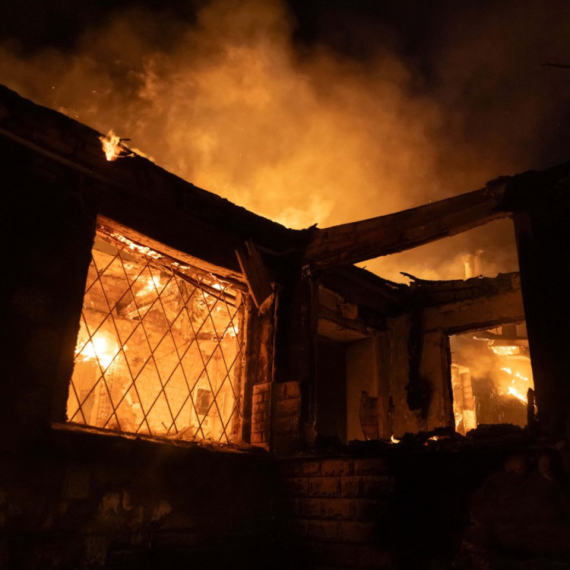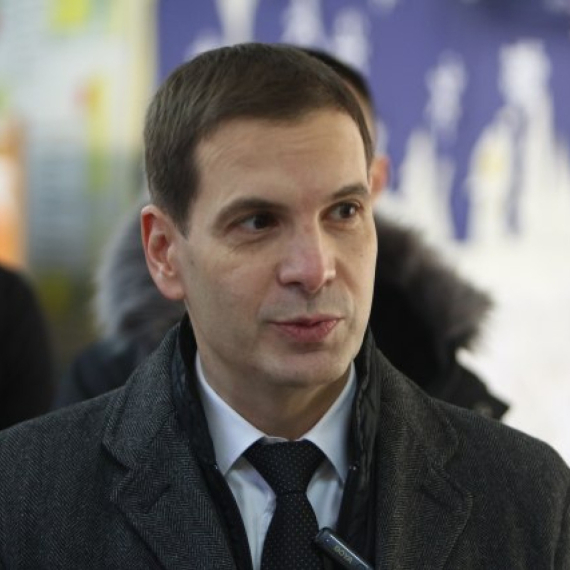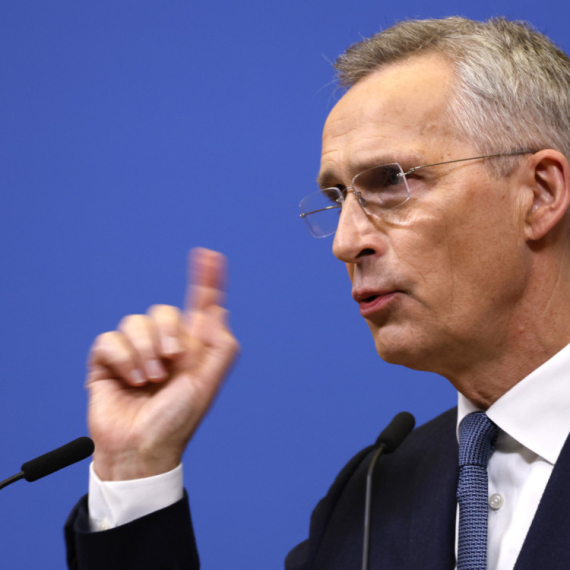MoK promises there'll be "no coercion"
Kosovo Ministry State Secretary Oliver Ivanović says the government “definitely won’t be forcing the Serbs not to vote at the Kosovo elections."
Saturday, 04.07.2009.
09:21

Kosovo Ministry State Secretary Oliver Ivanovic says the government “definitely won’t be forcing the Serbs not to vote at the Kosovo elections." “This government certainly won’t have the manners of the previous government of Vojislav Kostunica, of sending people and using coercive means to accept their ideology,” said Ivanovic. MoK promises there'll be "no coercion" The state secretary said that “if anyone does decide to stand, without the support of the president, the prime minister or other important political subjects, they certainly won’t be able to count on the support of the Kosovo Serbs.” In so doing the elected Serbs would have a few hundred votes, he said, adding that the question would then be raised of what to do with those people. “If the Serbs haven’t supported them, whose problems they want to address, and if they’re not supported by the state or political leadership, then it’s mainly a matter of personal interests, and that must be politically sanctioned,” said Ivanovic. Asked what could happen in places like Strpce, where there is a Serb majority, if the Albanians were to take power as a result of the Serb boycott, the state secretary said that that situation already existed, and that parallel local authorities operated in that municipality. “The Albanians didn’t take part in our elections on May 11 last year, and the Serbs didn’t take part at the Kosovo elections in November two years ago. There is now a Serb and Albanian administration in that municipality. That complicates the situation, and we’ll certainly have to find a solution to that in future,” he stressed. Oliver Ivanovic (FoNet, archive)
MoK promises there'll be "no coercion"
The state secretary said that “if anyone does decide to stand, without the support of the president, the prime minister or other important political subjects, they certainly won’t be able to count on the support of the Kosovo Serbs.”In so doing the elected Serbs would have a few hundred votes, he said, adding that the question would then be raised of what to do with those people.
“If the Serbs haven’t supported them, whose problems they want to address, and if they’re not supported by the state or political leadership, then it’s mainly a matter of personal interests, and that must be politically sanctioned,” said Ivanović.
Asked what could happen in places like Štrpce, where there is a Serb majority, if the Albanians were to take power as a result of the Serb boycott, the state secretary said that that situation already existed, and that parallel local authorities operated in that municipality.
“The Albanians didn’t take part in our elections on May 11 last year, and the Serbs didn’t take part at the Kosovo elections in November two years ago. There is now a Serb and Albanian administration in that municipality. That complicates the situation, and we’ll certainly have to find a solution to that in future,” he stressed.


























































Komentari 4
Pogledaj komentare